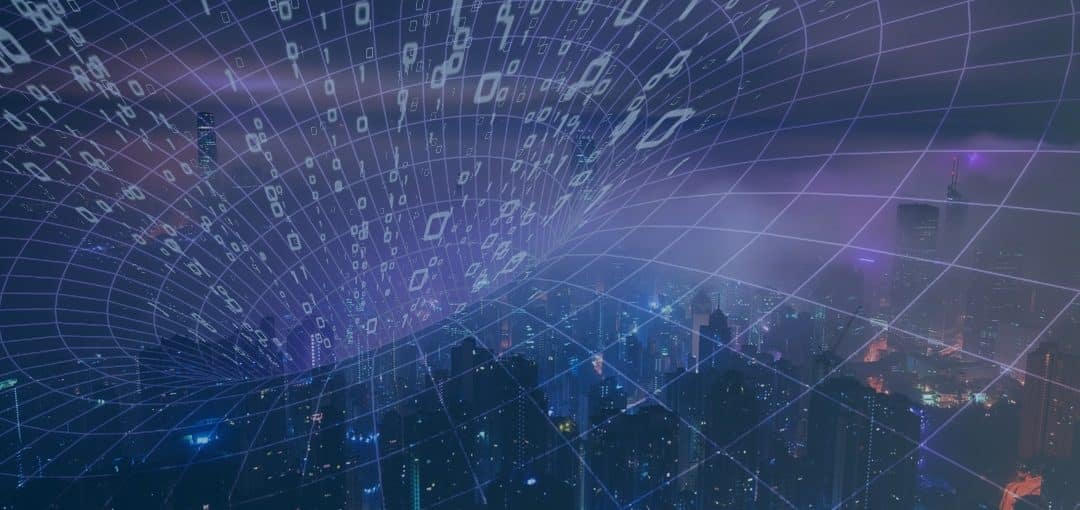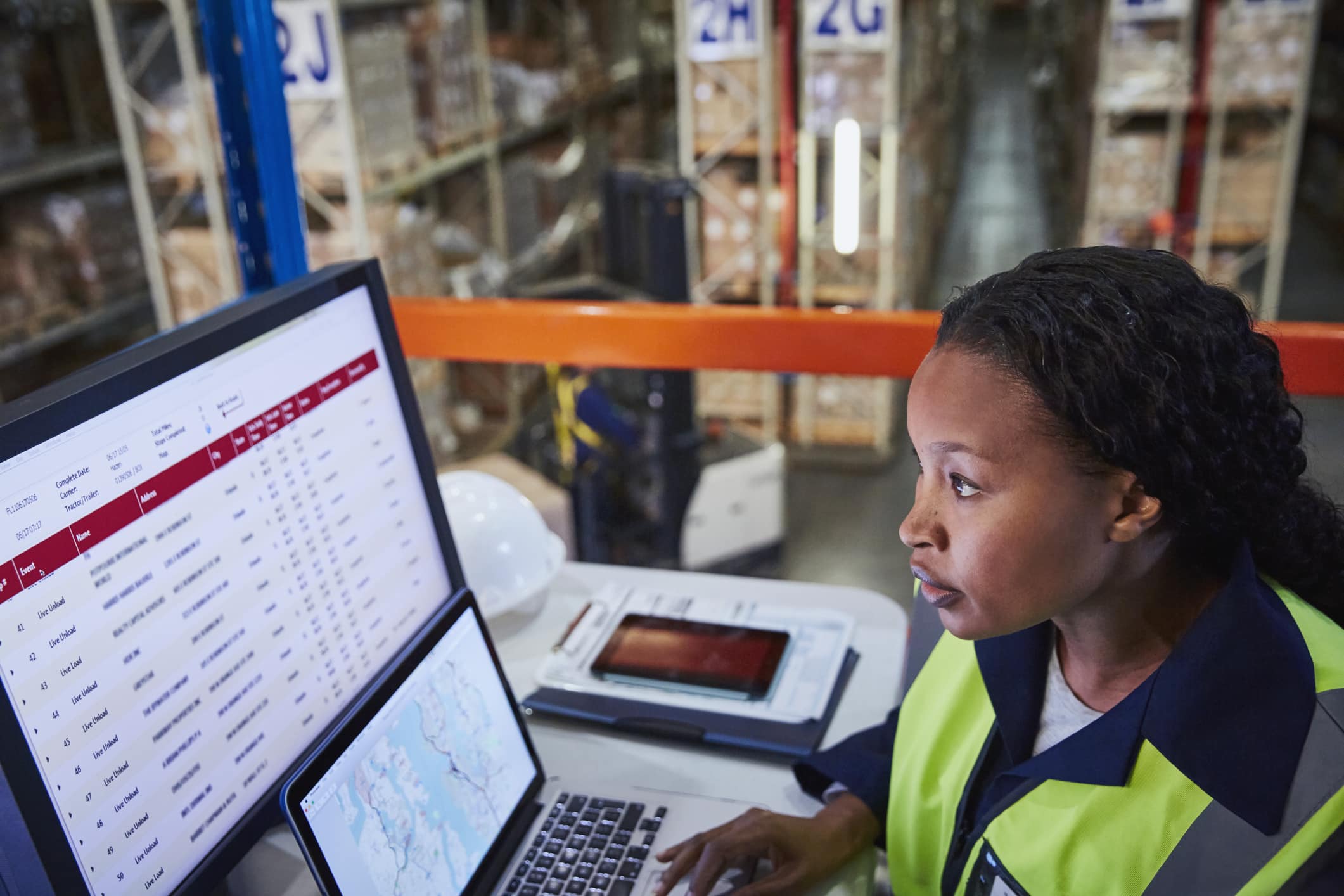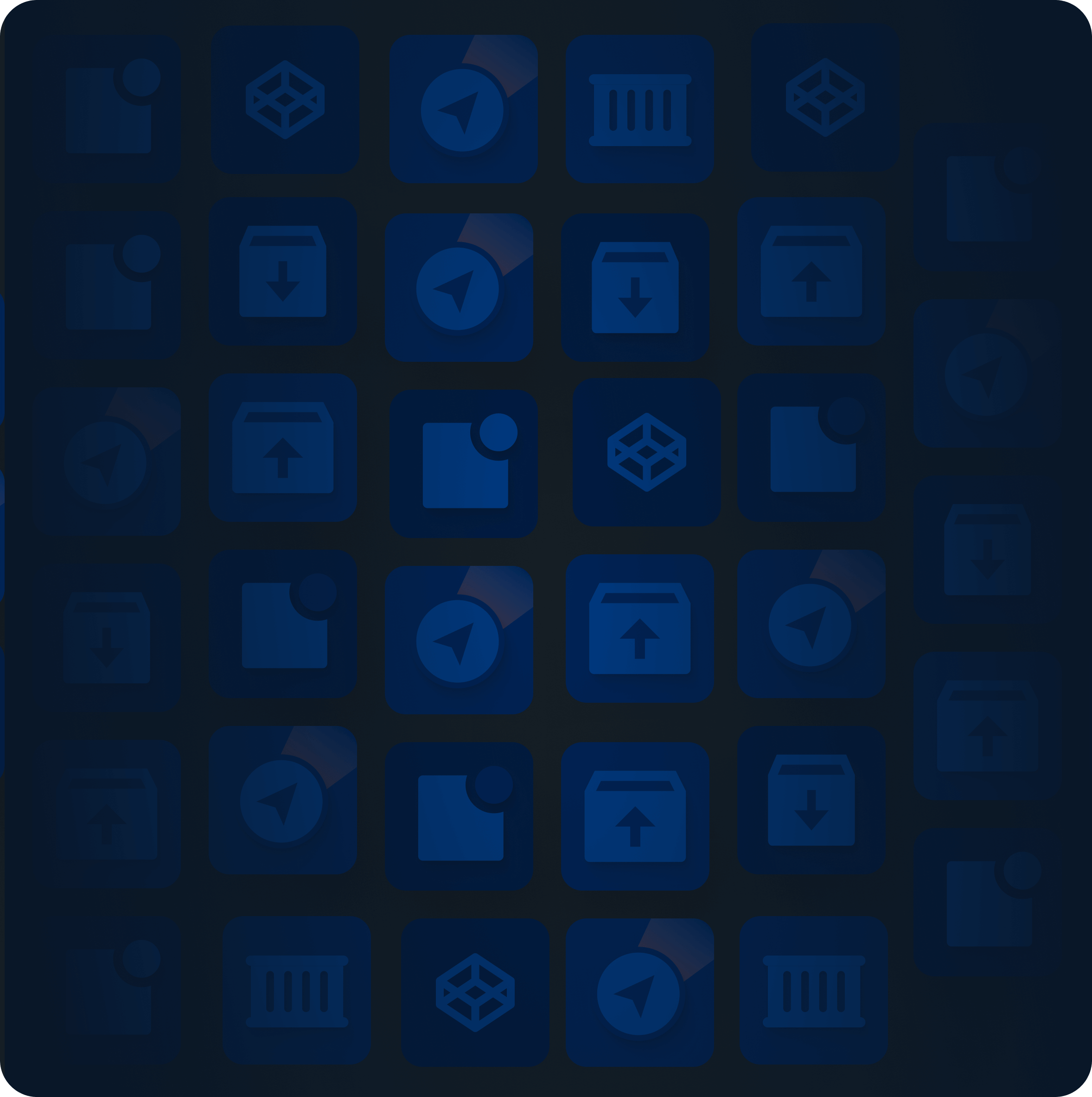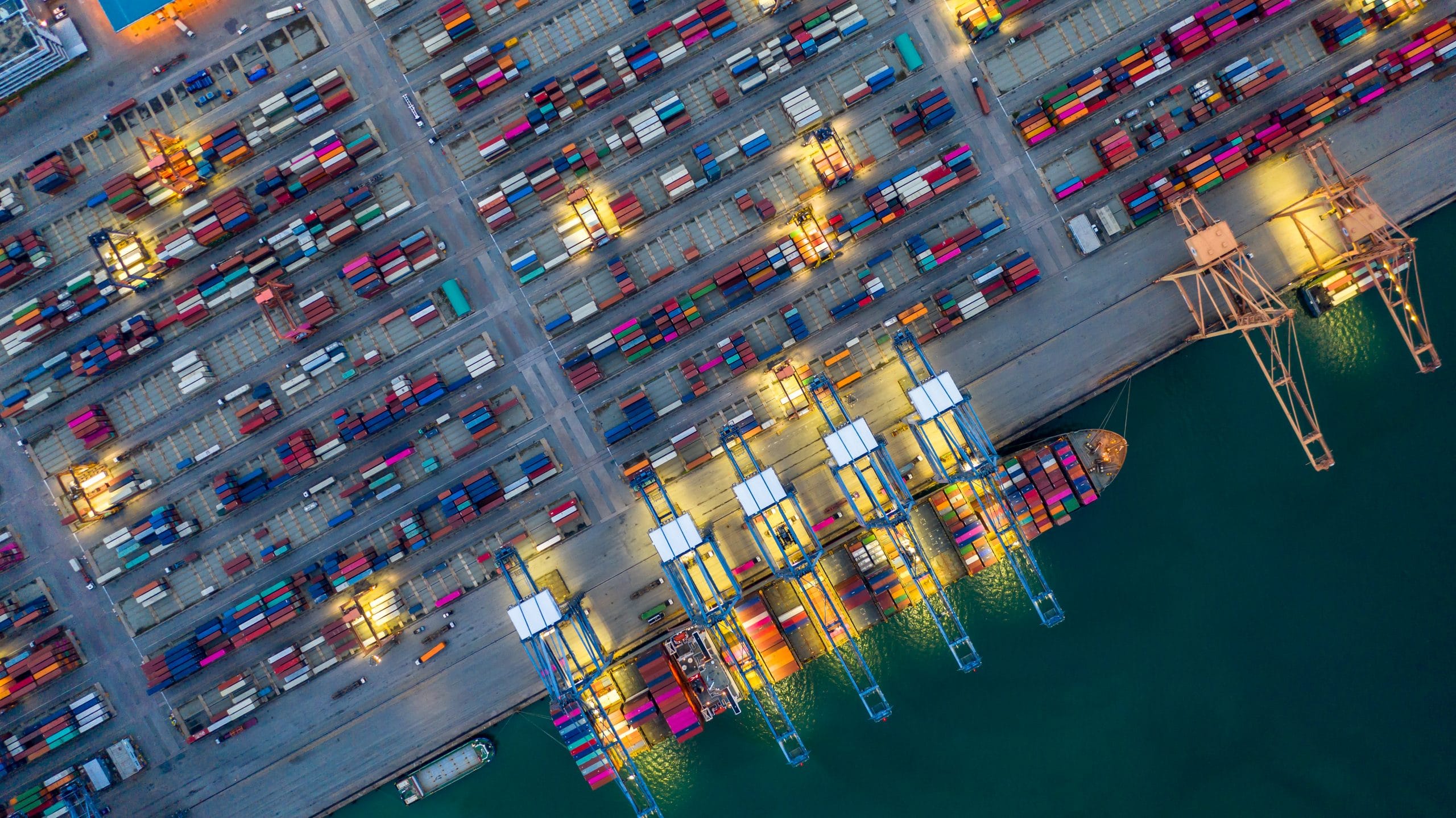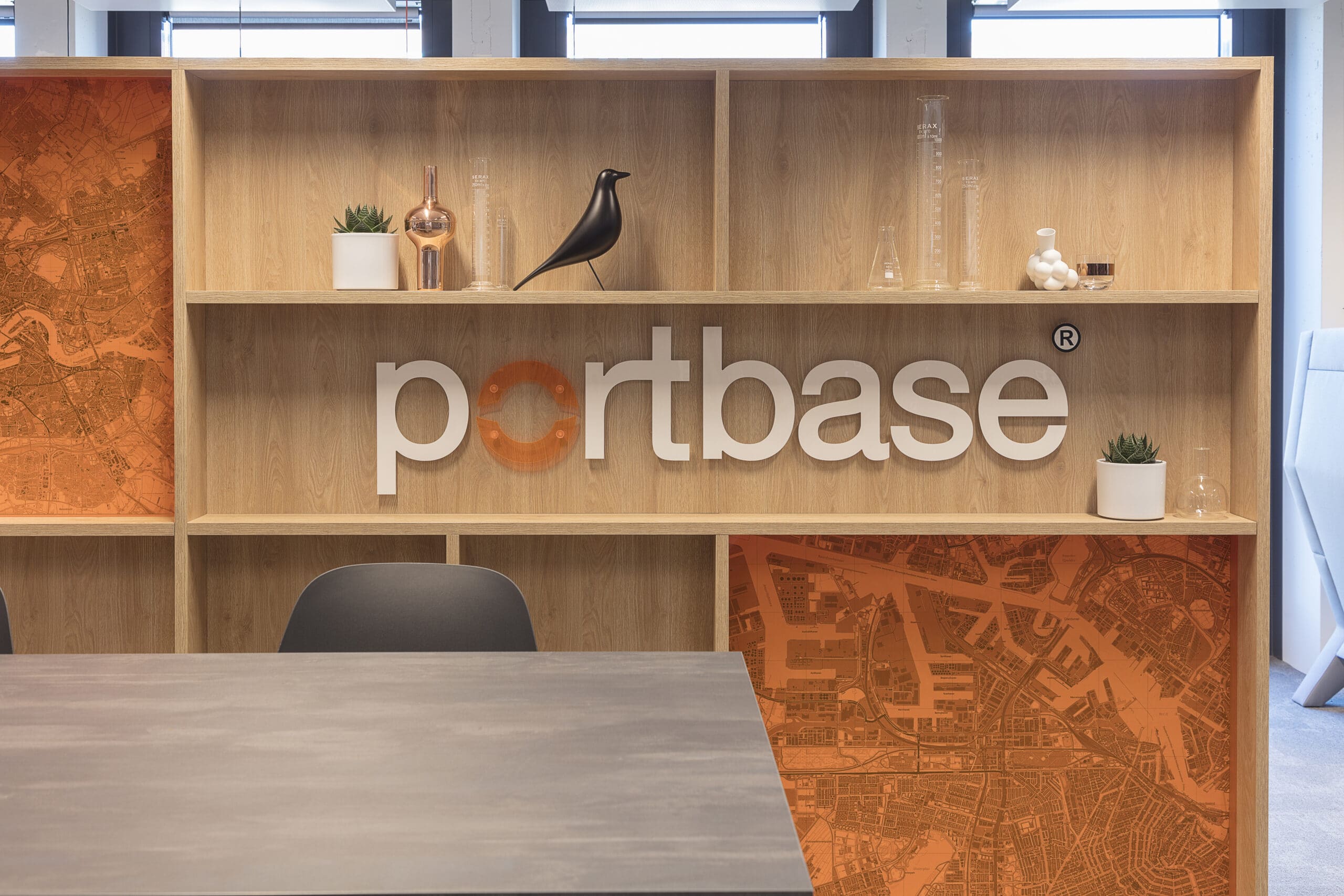Quickly and efficiently exchanging information with government agencies – within the Port Community System (PCS), a significant number of services are directed towards that goal. The information is then reused in the PCS for subsequent links in the chain. To the business community, this might seem to happen by itself. But that is not the case. Laws and regulations are constantly changing, government policies are constantly evolving. Long before any change becomes concrete, Portbase is already discussing the matter in Brussels and The Hague. In this way, the introduction of amendments is always aligned as closely as possible with the daily practice of the port community.
“Since Portbase’s aim is to make the logistics chains via the Dutch ports as attractive as possible by providing a one-stop shop, we are constantly sitting down with government agencies,” says Mees van der Wiel, Business Consultant at the Strategy & Innovation department. This is important work done behind the scenes which PCS participants know little or nothing about. “We always take a long-term view of the impact on maritime logistics of laws and regulations which are in the pipeline. Based on that, we can maintain or further improve our services. The earlier we are involved in a legislative process, the better we can contribute our knowledge. By being involved in the creation of new laws and regulations from the outset, we can ensure that the port community is properly taken into account. So we always want to be part of the process as early as possible.”
We are constantly sitting down with different government agencies
Excellent cooperation with IenW
Important interlocutors for Portbase are the Dutch Ministry of Infrastructure and Water Management (IenW), Dutch Customs and the European Commission. A crucial, topical issue in relation to IenW is the Digital Transport Strategy for Goods Transport. By means of this strategy, the ministry is pushing for a fully digitised transportation chain, in which government agencies and companies share data in an open, trusted and neutral way. It includes three major concrete projects: the introduction in the Netherlands of the European Maritime Single Window (EMSWe), the electronic Freight Transport Information Regulation (eFTI) and the development of the Basic Data Infrastructure. “These projects are contributing to our goals of achieving smooth, safe and sustainable multimodal freight transport,” says Adriaan Zeillemaker, deputy director of Maritime Affairs at IenW. “Through the strong focus on digitisation, we are enhancing the competitiveness of the logistics sector. This is hugely important, because logistics is the lifeblood of the Dutch economy.” In practice, the three projects could have a major impact on Portbase’s services. Van der Wiel explains: “Portbase is contributing to the discussions on these developments on behalf of the mainports of Rotterdam and Amsterdam.”
The Ministry of IenW is pushing for a fully digitised transportation chain
Zeilemaker continues: “Portbase’s PCS is an integral part of the transportation chain. It is also part of our ‘coalition of the willing’ for the Basic Data Infrastructure. Together with the mainports, Cargonaut and Customs, we are working on the first version of this new method of sharing data.” Van der Wiel describes the relationship with IenW as excellent. “Our discussions go very smoothly. We meet at least once every two weeks. And we know we can get in touch if there is something we need to discuss in the interim. The ministry understands our world better and better, and vice versa – over the years we have come to understand much more clearly how laws and regulations are created and where the sensitivities lie.”
Sounding board for Customs
Another important interlocutor for Portbase is Dutch Customs. “As part of a sounding board group, we are currently participating in discussions about ICS2, a new customs system for submitting Entry Summary Declarations (ENS) through a central European portal instead of directly to Dutch Customs.” In combination with the new EMSWe, this may lead to shifts in information flows, Van der Wiel anticipates. “We are talking about implementation with the ports, Customs and IenW. In the interests of our community, we are putting forward ideas about how to properly implement these changes. We want to minimise the impact on Portbase as far as possible. The ports must be able to continue to function optimally.”
Brussels is where it all happens
Portbase also frequently encounters IenW and Customs in Brussels. “The most important decisions are ultimately taken by the European Commission”, says Van der Wiel. “Whenever the matter of digital information exchange is being considered, we want to be there.” He himself has been sent to Brussels by Portbase as a representative for IPCSA (International Port Community Systems Association). “At the European Commission, we are constantly contributing our knowledge.” We often do so with others, for example IenW and Dutch Customs. “But IPCSA also works in concert with the European interest groups representing ports (ESPO), forwarders (CLECAT), shipping companies (ESCA and WSC), shipbrokers (ECASBA) and terminals (FEPORT). Cooperation is essential in order ensure that the European Commission always arrives at good decisions for maritime logistics.”
Whenever the matter of digital information exchange is being considered in Brussels, we want to be there
